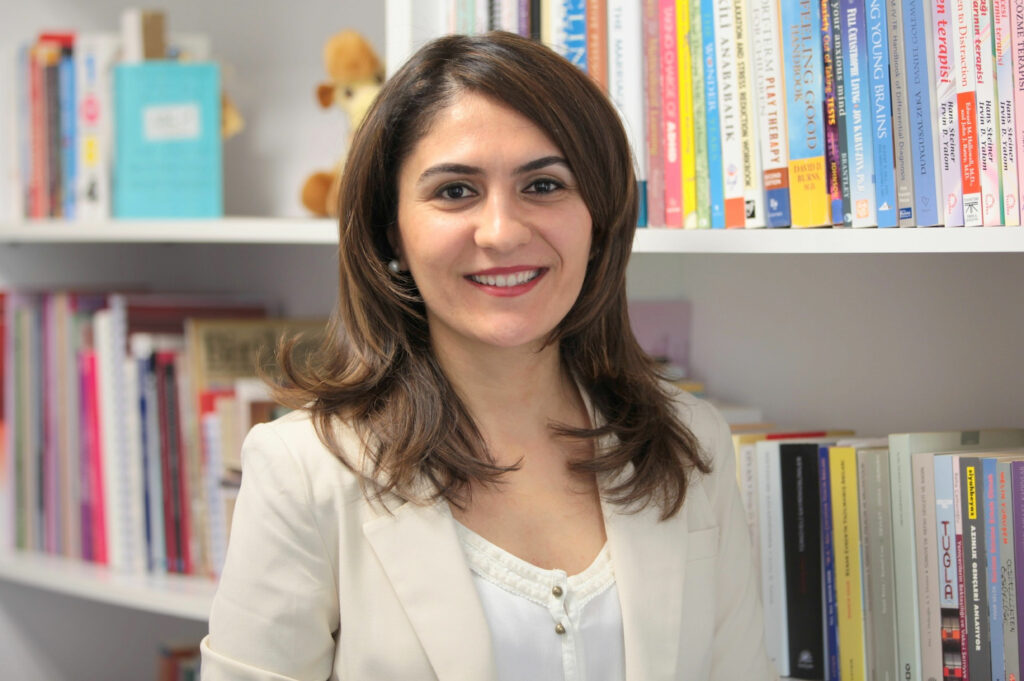How can mindfulness help alleviate anxious feelings and thoughts
Anxiety is a common experience that many people face in their daily lives. Whether it’s due to work stress, relationship issues, or other external factors, anxiety can be a challenging emotion to manage. It can impact everyday life in various ways, such as affecting concentration, decision-making abilities, and overall productivity, as well as manifesting into physical symptoms such as headaches, stomach-aches, and fatigue.

An effective way to manage anxiety is by incorporating daily mindfulness habits and tools into one’s routine. Mindfulness involves focusing attention on the present moment and accepting thoughts and emotions without judgment. Such practice has gained popularity recently as a way to cope with anxiety and promote mental well-being. Mindfulness can help individuals become more centered, calm, and better equipped to handle stressful situations by focusing on the present moment and cultivating awareness of one’s thoughts and emotions.
In addition to this, mindfulness of the present moment and mind and body awareness can help you switch from habitual overthinking, worrying and rumination that could cause anxiety.
How can you use mindfulness to unwind anxiety?
1. Focusing on one thing at a time: Trying to multitask or hurrying could result in feeling even more anxious. Psychological research provides evidence that our brains cannot multitask without losing effectiveness in one or more of the tasks at the exact moment. Therefore, focusing all our attention on one task at a time will reduce anxiety by helping us feel grounded.
2. Doing what’s effective: sometimes unsolved problems, avoidance, and procrastination could be the underlying reason for the anxiety. Solving problems appropriately will reduce tension and help you cope with a situation better. Doing what’s effective means seeing what is the course of action that can help you reach your ultimate goals in life and following through without avoidance, procrastination, and perfectionism.
3. Doing what you are doing non-judgmentally: our minds always judge internally and externally in one form or another. Noticing your inner negative beliefs, interpretations and judgments and questioning them or not believing them ultimately can help you live a more judgment-free life (not being good enough, feeling guilty, “should statements,” etc.)
If you or someone you know are struggling with anxiety and finding it challenging to manage, it’s important to seek help. Dr Elif Çelebi, a psychologist at Thrive Well-being Centre, is available to support and assist individuals needing therapy.

